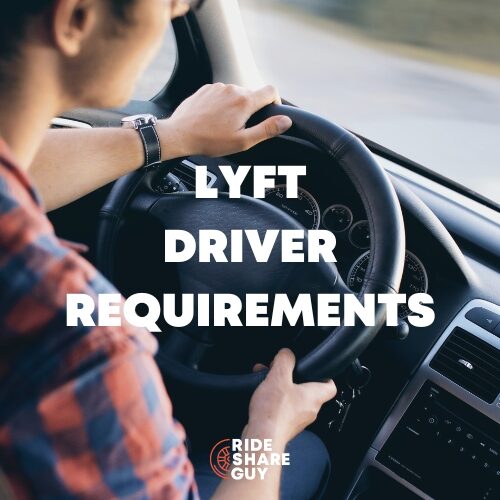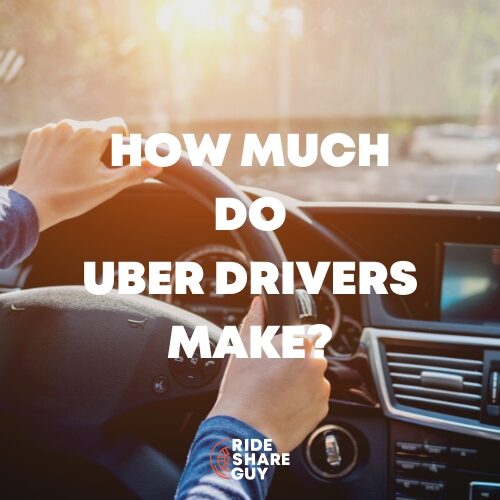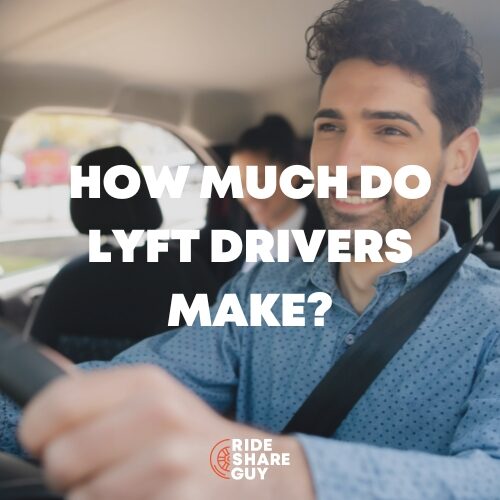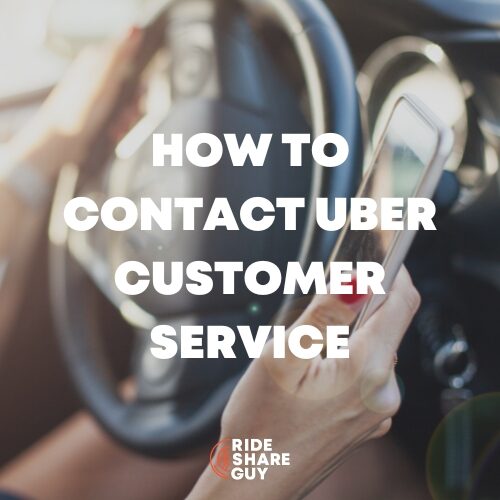Sometimes it’s easy to get caught up in breaking news. Last Wednesday, when word broke that an Uber driver was deemed to be an employee by the California Labor Commission, there was a flurry of media reports with some pretty dramatic headlines. You may have read things like this ruling “could clobber the $50 billion company”, this is Uber’s “worst nightmare” and even “the CA Labor Commission Has Just Killed Uber”.
If you’re like me, you probably clicked on a lot of those headlines so I guess it worked (can’t say that I’m not guilty of this once in a while too). But even though I got caught up in the initial whirlwind, once I started researching the facts of the case, things took a different tone. The CLC’s ruling is still big news but there are a few items that I’m going to clarify for drivers in today’s article.
The Facts of This One Case
On June 3, the California Labor Commissioner’s office ruled that Barbara Ann Berwick should be classified as an employee of Uber and not as an independent contractor. The ruling ordered Uber to reimburse Berwick for $4,152.50 in expenses and other costs from the roughly 8 weeks she spent last year as a driver.
Even though this ruling was made on June 3, it came to light two weeks later because Uber appealed the judgement. The ruling only applied to Berwick but it could set precedence for future cases down the road. Uber released a statement that said this judgement was non-binding (which means it only applies to this one driver) and the company also said individual cases about worker classification in at least five other states, including Georgia, Pennsylvania and Texas, have resulted in rulings that categorize drivers as contractors.
Here are two very thorough breakdowns of the case if you’d like to read more:
- New York Times: California Says Uber Driver Is Employee, Not a Contractor
- Forbes: Could A Legal Ruling Instantly Wipe Out Uber? Not So Fast
If this situation sounds familiar, it is. In May, Buzzfeed reported on a story in which the Florida Department of Economic Opportunity found that Darrin McGillis was an employee of Uber and thus eligible for unemployment. Similarly, this ruling only applied to McGillis and Uber subsequently appealed.
So if you’re counting, that’s two for employees but also two for two on Uber appeals. And remember, Uber says that individual cases about worker classification in five other states have resulted in rulings that deemed drivers contractors. So if you’re keeping score, Uber is 5-2-2 (the 2 ties being the FL and CA cases currently in appeal).
California Lawsuit
The CLC ruling came at an interesting time seeing as there is also another big lawsuit right now in Federal Court in California being brought against Uber by Shannon Liss-Rordan. You’ve likely heard about this trial too. Here’s the description from the lawsuit’s website:
Uber drivers have filed a class action lawsuit claiming they have been misclassified as independent contractors and are entitled to be reimbursed for their expenses that Uber should have to pay, like for gas and vehicle maintenance.
The judge at the pre-trial hearing indicated that the relationship between Uber and its drivers has all the makings of employee/employer and while it isn’t a class action lawsuit yet, a class-action hearing is scheduled for August and it’s set to go to a jury trial after that.
The CLC ruling won’t have a direct effect on this lawsuit but I think it sets a pretty big precedent. If the CA Labor Commission sat down and found this driver to be an employee who’s to say a jury won’t see the same thing? Jurors will likely be told to ignore the CLC ruling but it’s nearly impossible to not take something like that into consideration.
What’s The Timeline On All Of This?
Now that Uber has appealed, the Berwick case is currently headed for a jury trial. But there are actually three levels of federal courts (Jury, Appeals & Supreme) so it’s a safe bet that this matter won’t be resolved for at least 1-3 years or more, depending on the number of appeals.
Only decisions made at the appellate level or higher are binding so if Berwick is able to win at the appellate level, it could open up a flood gate of drivers to make similar claims against Uber. At that point, other courts in that jurisdiction would have to follow the appellate court’s decision when faced with a similar case.
But the final caveat is that a decision from either of these cases (Berwick and the Uber lawsuit) would only apply to California.
What Does This Mean For Drivers?
What this all means for drivers is that by no means is Uber’s business model going to come crashing down with any one ruling. There are going to be lots of trials and lots of appeals and even then, the final decision will only apply to drivers in California.
Uber will be doing everything it can to avoid having to classify drivers as employees but if it starts to look like they are losing the legal battles, I wouldn’t be surprised to see them proactively make some changes. That could include things like giving drivers more freedom so that they are true independent contractors (less likely), hiring a mix of employee and independent contractor drivers like many traditional business do (somewhat likely), or re-shaping regulatory structure (more likely).
If you’re a driver, I’d like to know what you think about this whole situation. Please fill out the poll below and let us know whether you want to be classified as an employee, independent contractor or a mix of both (hybrid or dependent contractor).
My Predictions
Nearly all of the drivers I’ve spoken with do not want to be employees and I’ve often maintained that people like Berwick who are bringing lawsuits against Uber are just looking to make a quick buck. They could care less about drivers and I think Berwick’s history shows that. Over the past 25 years, she has filed at least 20 lawsuits in the state of California. In one instance, she sued a pizza parlor for $500 for leaving a flyer on her doorstep. She was not awarded any damages for that case.
It will be interesting to see how all this plays out because the end result will surely affect companies beyond just Uber. The entire on demand economy relies on a network of independent contractors and I suspect they will fall in line with whatever decision is handed down to Uber.
Workers have been afforded a ton of flexibility by these new companies but at the same time, companies like Uber have used the IC designation to minimize costs (and pass on risk to drivers), while still maintaining considerable control over drivers. As it stands now, Uber is really getting the best of both worlds while drivers only get the best of one (IC). There’s no reason in my mind why drivers shouldn’t be allowed to have benefits, more stable pay and greater job security without sacrificing much on our end.
I would like to think that companies like Uber would do the right thing but I’m also a realist and I know that it’s going to take lawsuits like this and immense regulatory pressure to get it all resolved.
If you’d like to read more of my thoughts on this topic, I’ve written two articles for Forbes recently that touch on the W2 vs 1099 issue:
Drivers, does this clear things up for you? What do you think about the latest CLC ruling and the upcoming CA Uber lawsuit? Will it ultimately be a good thing for drivers or what do you think is the right solution?
-Harry @ RSG




